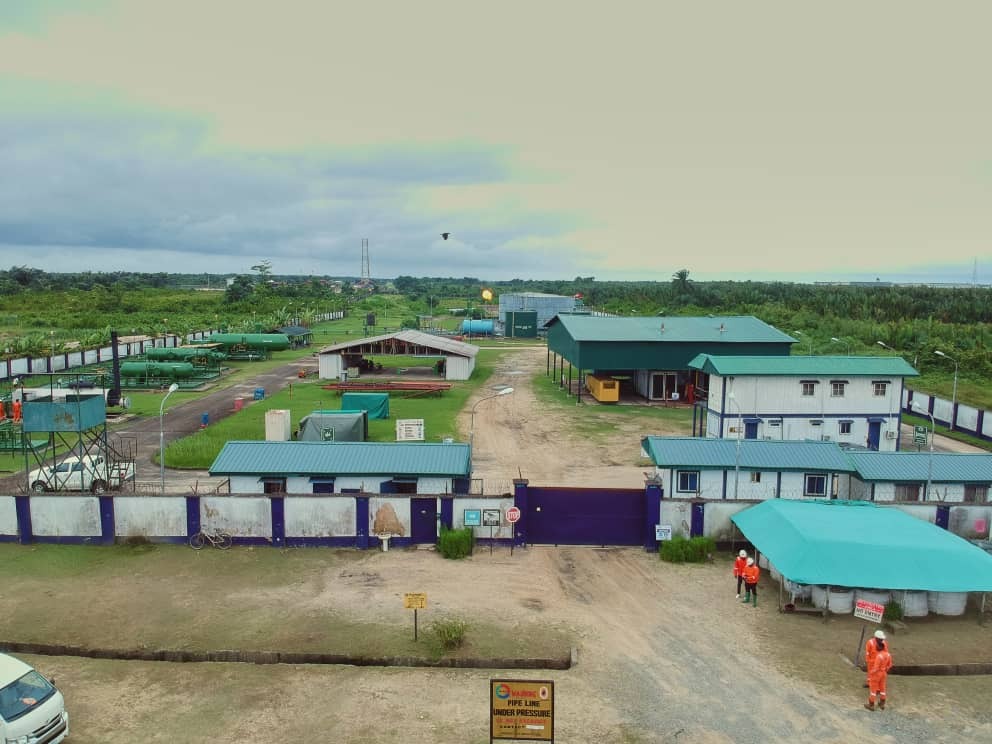Safety First: A Core Value in the Oil Industry
In the oil and gas industry, safety is not just a priority—it’s a core value that guides every decision and action. Whether it’s onshore or offshore, in the drilling or refining phases, the work environment in oil operations presents high-risk scenarios. From handling combustible materials to operating heavy machinery, every task requires an unwavering commitment to ensuring the safety of employees, communities, and the environment.
Why Safety is Crucial in Oil Operations
Oil exploration, drilling, and production involve complex processes that can pose serious hazards if not properly managed. A minor oversight can lead to catastrophic outcomes, including fires, explosions, or environmental spills. These risks underscore the importance of stringent safety measures at all times.
For an oil company, “Safety First” is more than a slogan—it’s a foundation for sustainable operations. It ensures that both employees and the surrounding environment are protected, ultimately preventing incidents that could tarnish the company’s reputation, harm lives, or devastate ecosystems.
Key Safety Practices in the Oil Industry
- Regular Safety Training and Drills
Workers are continuously trained to recognize hazards, use protective equipment, and follow proper safety protocols. Simulated drills for fire emergencies, well blowouts, or gas leaks are conducted to ensure everyone knows how to respond swiftly in critical situations. - Rigorous Equipment Maintenance
Regular inspection and maintenance of equipment prevent failures that could cause accidents. Machinery, pipelines, and drilling rigs are checked routinely for wear and tear, and faulty components are promptly replaced. - Environmental and Community Safeguarding
Protecting the environment is as vital as safeguarding employees. Oil companies implement strategies to minimize environmental impact, from preventing oil spills to managing waste and emissions responsibly. Community engagement also ensures that people living near oil operations understand safety measures and know what to do in case of an emergency. - Emergency Response Plans
Preparedness is essential. Oil companies develop and constantly update emergency response plans, ensuring immediate action in case of incidents. These plans outline evacuation protocols, communication strategies, and steps to contain and control accidents.
Creating a Culture of Safety
At the heart of these practices is fostering a “safety culture.” This means that every employee, from field workers to executives, shares responsibility for upholding safety standards. It’s a proactive approach where potential hazards are identified and addressed before they escalate.
Leadership plays a critical role in instilling this culture. Clear communication, visible commitment to safety, and leading by example empower employees to prioritize safety in their day-to-day activities.
Conclusion
For an oil company, ensuring safety is a continuous journey, not a destination. With lives, communities, and the environment at stake, maintaining a “Safety First” mindset is essential for long-term success. By embedding safety into the fabric of its operations, the oil industry can not only meet regulatory standards but also foster trust with its workforce and stakeholders, leading to a more sustainable future.
